Travel to Vietnam from Singapore
Vietnam is a beautiful and fascinating country, full of history, culture, and stunning natural landscapes. It is located in Southeast Asia and is an increasingly popular tourist destination.
If you are planning a trip to Vietnam from Singapore, there are a few things you should know to make your journey smooth and enjoyable.
Visa Requirements
Before you book your flight, it is essential to check the visa requirements for Singaporean citizens visiting Vietnam. Singaporeans do need a visa to enter Vietnam, but fortunately, the process is relatively straightforward. You can obtain a visa online or through the Vietnamese embassy in Singapore.
The easiest and most popular option is to apply for an e-visa online. You can do this through the official website of the Vietnamese government. The process is entirely online, and you will need to provide your personal information, travel dates, and a scanned copy of your passport. You will also need to pay a fee, which can be done using a credit card.
The e-visa is valid for 30 days, and you can use it for single-entry only. It is essential to make sure that your passport is valid for at least six months from the date of your arrival in Vietnam. If you are planning to stay for more than 30 days or if you need a multiple-entry visa, you will need to apply for a visa through the Vietnamese embassy in Singapore.
Flights
Vietnam is easily accessible from Singapore, with several airlines offering direct flights between the two countries. Some of the popular airlines include Singapore Airlines, Jetstar, and Vietnam Airlines. The flight time is around two and a half hours, so it is a relatively short journey.
When booking your flights, it is essential to check the baggage allowance and any restrictions on what you can bring with you. Most airlines have specific limits on the amount of baggage you can bring, and they also have restrictions on what you can bring with you in your carry-on luggage.
Accommodation
Vietnam has a wide range of accommodation options, from budget-friendly hostels to luxurious resorts. When choosing where to stay, it is essential to consider your budget, the location, and the type of experience you want to have.
In the major cities like Hanoi, Ho Chi Minh City, and Da Nang, you will find a range of hotels, hostels, and guesthouses. If you are on a budget, you can find a bed in a hostel for as little as $5-$10 per night. If you are looking for something more luxurious, you can find five-star hotels that offer all the amenities you could need.
Outside of the cities, you can find beautiful resorts and villas. If you are looking for a more relaxed and peaceful experience, you might consider staying in a homestay, where you can stay with a local family and learn more about Vietnamese culture and traditions.
Transportation
Vietnam has a well-developed transportation system, and it is relatively easy to get around the country. The most popular modes of transportation are buses, trains, and taxis.
Buses are the cheapest option, and they are available in most major cities. They are comfortable, and they offer air conditioning and comfortable seats.
You can also take a long-distance bus to travel between different parts of the country. It is essential to be aware that buses can be crowded, and they can take longer than other modes of transportation.
Trains are a comfortable and convenient way to travel between the major cities. They are also affordable, and they offer different classes, including sleeper cabins for overnight journeys.
It is essential to book your train tickets in advance, as they can sell out quickly, especially during peak travel seasons.
Taxis are widely available in the major cities, and they are a convenient way to get around. However, it is essential to be aware that some taxis may overcharge tourists, so it is recommended to use reputable taxi companies or ride-hailing apps like Grab or Gojek.
If you are feeling adventurous, you might consider renting a motorbike to explore the country. However, it is essential to be aware that traffic in Vietnam can be chaotic, and road safety standards may not be as strict as in Singapore. It is recommended to wear a helmet and drive carefully.
Currency and Money Matters
The currency in Vietnam is the Vietnamese Dong (VND). It is recommended to exchange your Singapore dollars to Vietnamese dong when you arrive in Vietnam, as it is not widely available in Singapore.
ATMs are widely available in Vietnam, and most of them accept international cards. However, it is essential to be aware that some ATMs may charge high fees for international transactions, so it is recommended to check with your bank before you travel.
Credit cards are accepted in most major cities, but it is recommended to carry some cash with you, especially when you are traveling to more rural areas.
Culture and Customs
Vietnam is a country with a rich and complex history and culture, and it is important to respect local customs and traditions when you visit. Here are some tips to help you navigate Vietnamese culture:
• Dress modestly, especially when visiting temples and other religious sites. It is recommended to cover your shoulders and knees.
• Remove your shoes before entering someone's home or a temple.
• Greet people with a smile and a nod. Handshakes are not a traditional greeting in Vietnam.
• Show respect to elders and authority figures.
• Do not touch someone's head, as it is considered a sacred part of the body.
• Do not point your feet at someone, as it is considered impolite.
• Tipping is not expected in Vietnam, but it is appreciated for exceptional service.
Food and Drink
Vietnamese cuisine is delicious and diverse, and it is one of the highlights of visiting the country. Some popular dishes include pho (a noodle soup), banh mi (a sandwich), and spring rolls. Vietnamese cuisine also has a strong focus on fresh vegetables and herbs, making it a great option for vegetarians and vegans.
It is important to be careful with street food, as some vendors may not follow proper food safety standards. It is recommended to choose vendors that are busy and popular with locals.
Vietnam is also famous for its coffee, and you should not miss the opportunity to try some traditional Vietnamese coffee. It is strong and sweet, and it is often served with condensed milk.
Safety and Security
Vietnam is a relatively safe country to visit, but it is important to take some precautions to stay safe. Here are some tips to keep in mind:
• Be aware of your surroundings, especially in crowded areas.
• Keep your valuables secure and be mindful of pickpockets.
• Use reputable taxi companies or ride-hailing apps.
• Do not leave your belongings unattended in public areas.
• Be cautious when crossing the street, as traffic can be chaotic.
• Be mindful of your alcohol consumption and do not leave your drink unattended.
• Always carry a copy of your passport and visa with you.
Conclusion
Vietnam is a beautiful and diverse country, and it is a great destination for Singaporeans looking for a new adventure. With its stunning landscapes, rich culture, and delicious food, Vietnam has something for everyone. By following these tips, you can have a safe and enjoyable trip to Vietnam from Singapore.
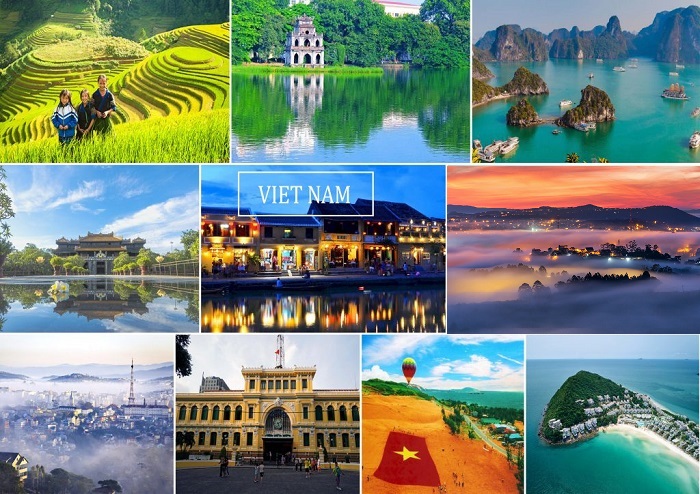
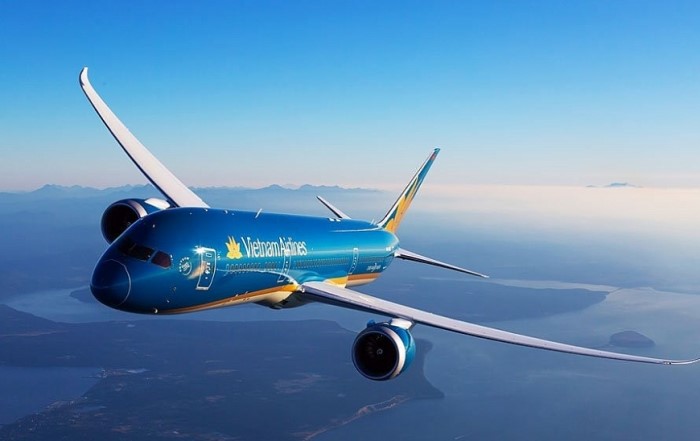
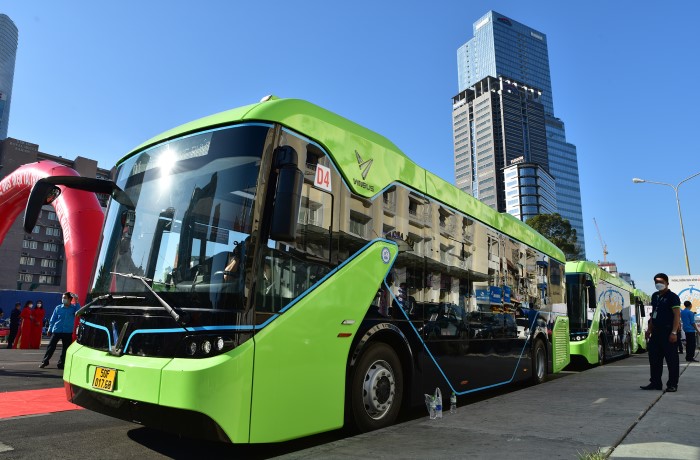
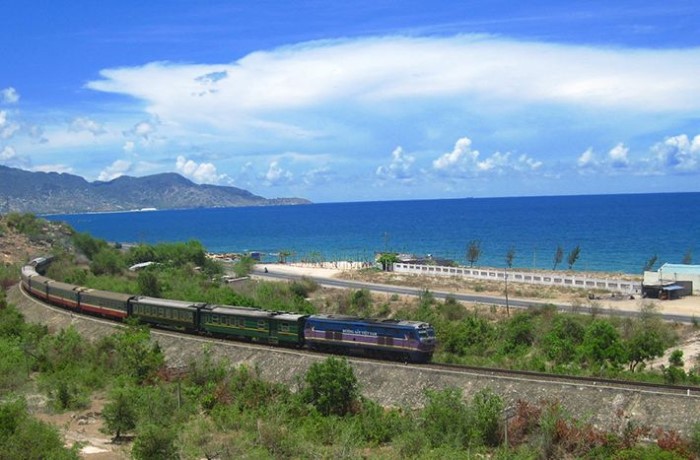
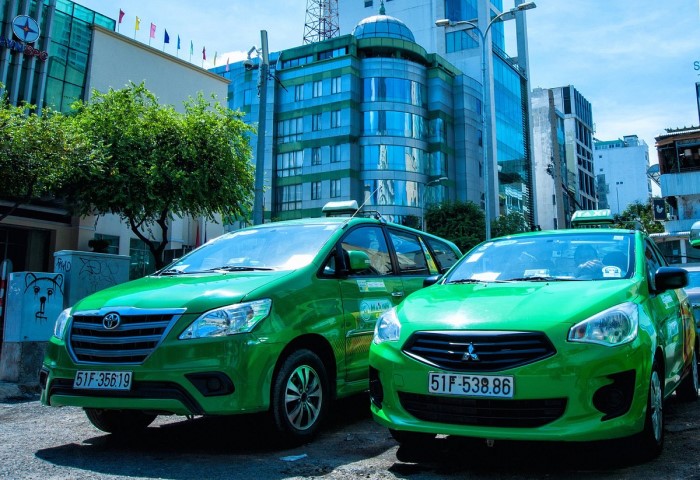
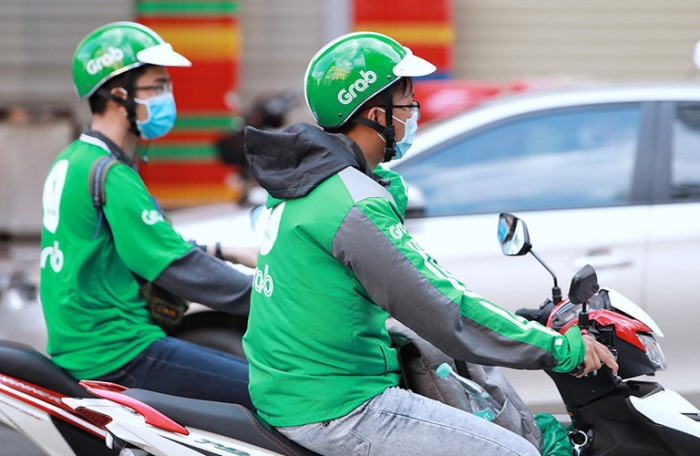
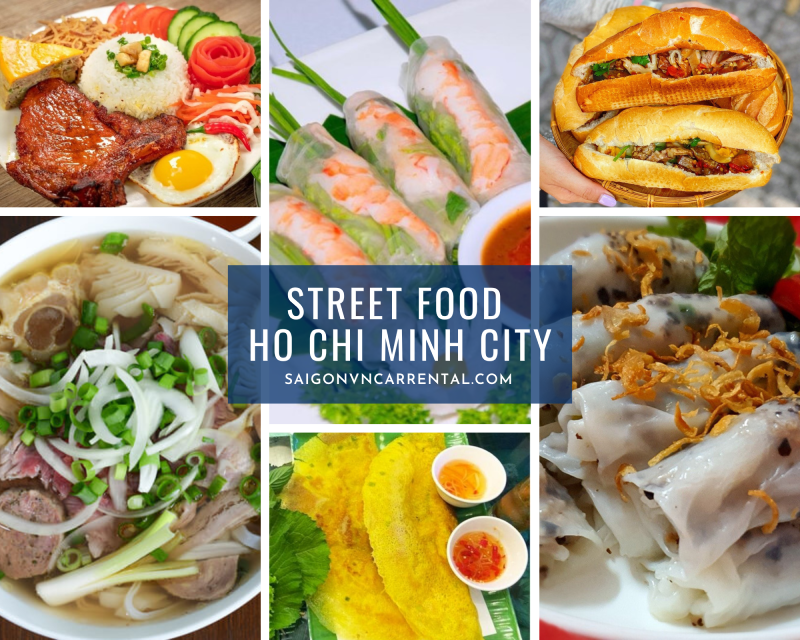


main.comment_read_more